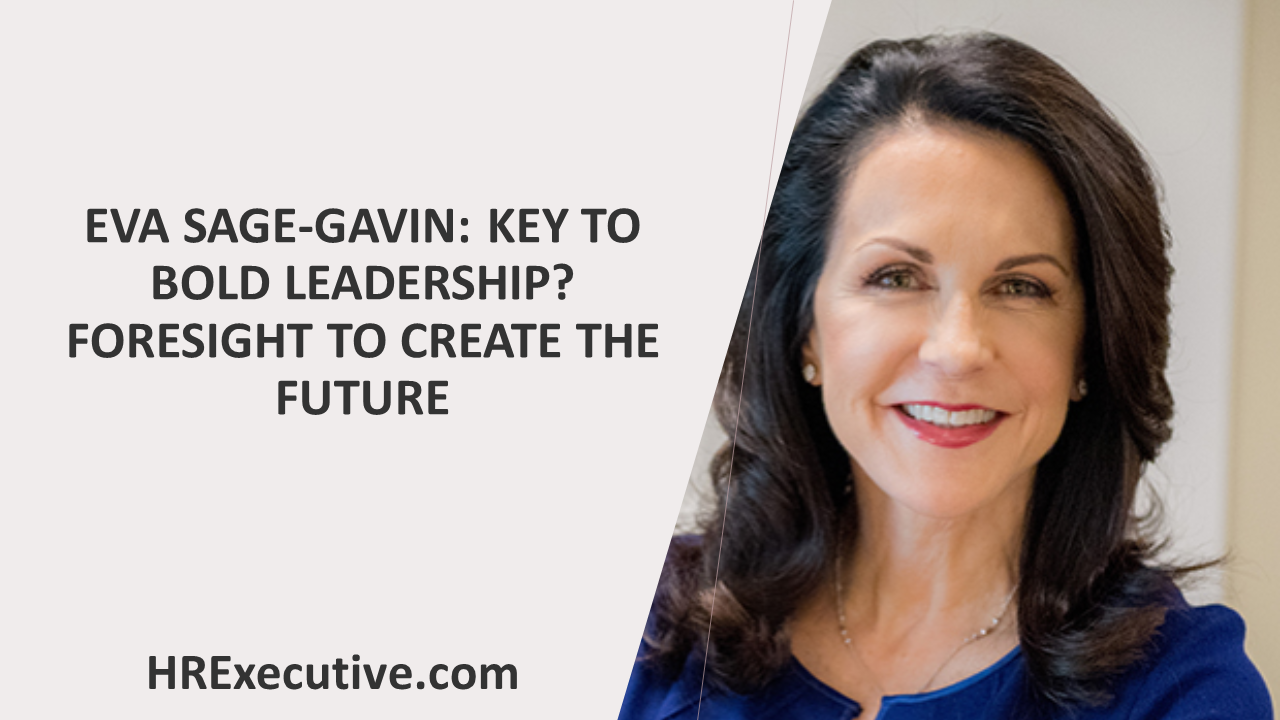As 2021 nears its end, the prudent human resources professional will evaluate why certain initiatives bore fruit and why others simply did not. In seeking to achieve success in the upcoming year, HR would be incredibly well-served to look no further than the important lessons to be gleaned from the wonderfully compassionate world of Ted Lasso.
In recent memory, has there been a television show providing better instruction to HR leaders than Ted Lasso? Consider Ted’s eternal positivity and unrelenting empathy. The show’s introduction of Dr. Sharon Fieldstone to demonstrate the necessity of mental health awareness. The omnipresent message that agility and flexibility are paramount, especially these days, to the operation of any organization. Sure, the messages are communicated in the form of a 30-minute comedy and through the lens of an English football club, but does that render them any less relevant? Simply, no.
As 2022 approaches, invite inspiration from a nontraditional source, allow guidance by quotes from Ted Lasso, and … “Believe!”
“If you care about someone, and you got a little love in your heart, there ain’t nothing you can’t get through together.” – Ted Lasso
Ted Lasso, more than anyone this side of Mr. Rogers, appreciates the importance of empathy. During a conversation with A.F.C. Richmond’s owner, Rebecca Welton, Ted explains that kindness and care are paramount and are powerful tools toward achievement. Ted understands a fact†•yes, a fact†•that is critical for all human resources leaders: Empathy is everything.
Related: A beautiful day in your neighborhood? 5 lessons for HR from Mr. Rogers
While compassion has always been an essential trait of an HR leader, given the realities of the pandemic and the fear and confusion with which people have lived in the midst of constant uncertainty, HR’s consistent demonstration of empathy has never been more important. There must be ongoing behavior and demonstrable acts engaged in with consistency and with the employees’ best interests at heart.
However, according to Forbes, new research demonstrates that CEOs and team leaders have difficulty with empathy. In fact, a May 2021 Paychex survey revealed that low team morale more than doubled during the pandemic, over half of organizational leadership does not acknowledge stress or work burnout, and less than half of managers encourage or allow venting or talking about work frustrations, notwithstanding their curative effects.
HR leaders absolutely lead the way and engage in actions that employees not just seek, but need. Embrace simple tasks like regular check-ins and expressions of gratitude, even for more routine tasks. Take measured and disciplined steps to inspire calm among your constituency. If you maintain composure even in the face of a constantly changing work environment, your employees similarly will resist the urge to go from zero to plaid every time something goes sideways. Recommend that organizational leadership seriously consider increasing flexibility for employees, even as many are returning to the office or workplace.
The combination of which Ted speaks, concern for our people and empathy in our thoughts and in our actions†•take it to heart and we really can accomplish anything.
“I want to share with y’all the truth about my recent struggles with anxiety. And, well, my overall concern about the way we discuss and deal with mental health in athletics.” – Ted Lasso
One of the most important relevant messages of “Ted Lasso” is the way the show recognizes and chips away at the stigma surrounding mental illness. Several of the characters struggle with their mental health and the show neither trivializes nor shies away from the realities and the difficulties.
From the show’s beginning, Ted suffers from panic attacks. At times they are so severe, they literally bring him to his knees. But it is only when one of A.F.C. Richmond’s best players, Dani Rojas, struggles after killing the team mascot with a penalty kick, that the team brings in professional help from Dr. Sharon Fieldstone. While Dr. Fieldstone’s initial reason for being with the team is to help Dani, many of the players and coaches seek her guidance. And, although Ted initially denies needing Dr. Fieldstone’s counsel, reluctantly he speaks to her about his situation and, ultimately, truly understands that his own mental health struggles require professional attention.
We all know that the Americans with Disabilities Act (ADA) protects those who have a physical or mental impairment that substantially limits a major life activity. While the ADA obviously contemplates mental health within its definition of a disability, and while the pandemic and its impact on the mental health of all workers has elevated awareness, we are not close to where we need to be.
The Center for Disease Control and Prevention’s (CDC) National Center for Health Statistics gathered data on mental health changes during the coronavirus pandemic. Data released in September 2021 demonstrated that 28.1% of American adults self-reported symptoms of anxiety and 22.4% reported symptoms of depression. As of September 2019, those numbers were 7.4% and 6.4%, respectively. While these statistics make clear that the pandemic has massively exacerbated the mental health struggles of American adults, the numbers likely represent only a fraction of those actually experiencing anxiety and depression. As we know, many people do not understand that they are suffering from mental illness and, among those who do, many are reluctant, if not unwilling, to report these struggles.
 Appreciating that these mental health issues significantly impact employees, there are steps that HR and other leaders can take to support workers’ mental health. While there are a great many actions that effective leaders can implement, three that can happen rapidly are normalizing flexibility, individualizing approaches and increasing communication.
Appreciating that these mental health issues significantly impact employees, there are steps that HR and other leaders can take to support workers’ mental health. While there are a great many actions that effective leaders can implement, three that can happen rapidly are normalizing flexibility, individualizing approaches and increasing communication.
Like the measures discussed regarding empathy, normalizing flexibility will go a long way toward reducing feelings of anxiety. Given that work and home circumstances seem to be changing constantly, the more flexible leaders can be, the more comfortable our employees will feel and, likely, the fewer mental health concerns they will experience. Next, rather than assuming what your constituency needs, understand that different people will require different things at different times and customize and individualize approaches with employees. HR leaders become supremely effective when they appreciate employees’ situations, empathize with their fears and work with those employees to minimize that anxiety. Finally, recognize that a lack of communication only increases feelings of unrest, so begin to communicate more than you actually believe is necessary. According to Harvard Business Review, “employees who felt their [leaders] were not good at communicating have been 23% more likely than others to experience mental health declines since the outbreak.” (HBR, Aug. 7, 2020).
“Taking on a challenge is a lot like riding a horse, isn’t it? If you’re comfortable while you’re doing it, [you’re] probably doing it wrong.” – Ted Lasso
In the pilot episode, Ted and Coach Beard discuss that, while they were successful college football coaches in the U.S., they may be in over their heads in coaching a Premier League football team. It is then that Ted talks about the realities of taking on a challenge. It is imperative for effective HR leaders to embrace this notion and to understand that effecting meaningful organizational change rarely comes easily.
Human resources professionals must not allow the fear accompanying organizational evolution to dissuade them from making necessary changes. In fact, the opposite is true: HR must lead both from the standpoints of strategy and of communication. Whether it is through the development or explanation of new policies or other business functions, the valuable HR professional faces challenges that must be met with persistence and determination. The road to meaningful innovation usually is, in a word, uncomfortable, and HR’s responsibilities are, at times, wildly overwhelming. It is in times such as these that HR proves its value. Embrace the discomfort. Find your inner Ted Lasso and understand that the ride, while difficult, absolutely requires relentlessness.

